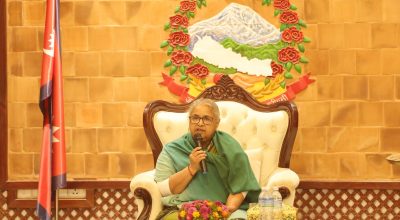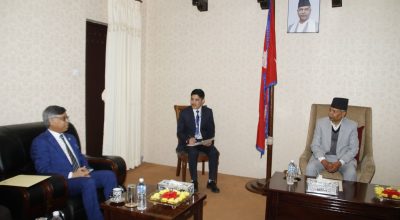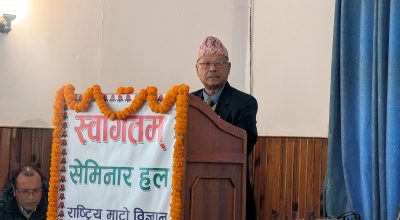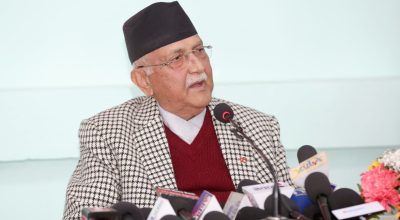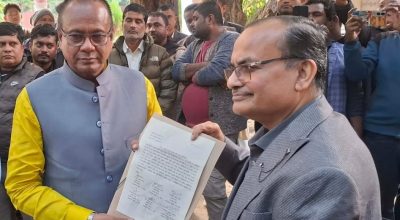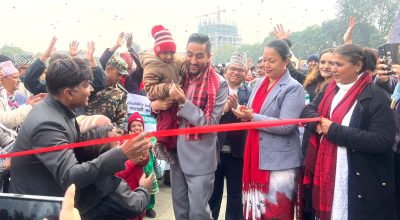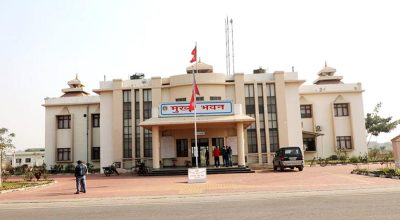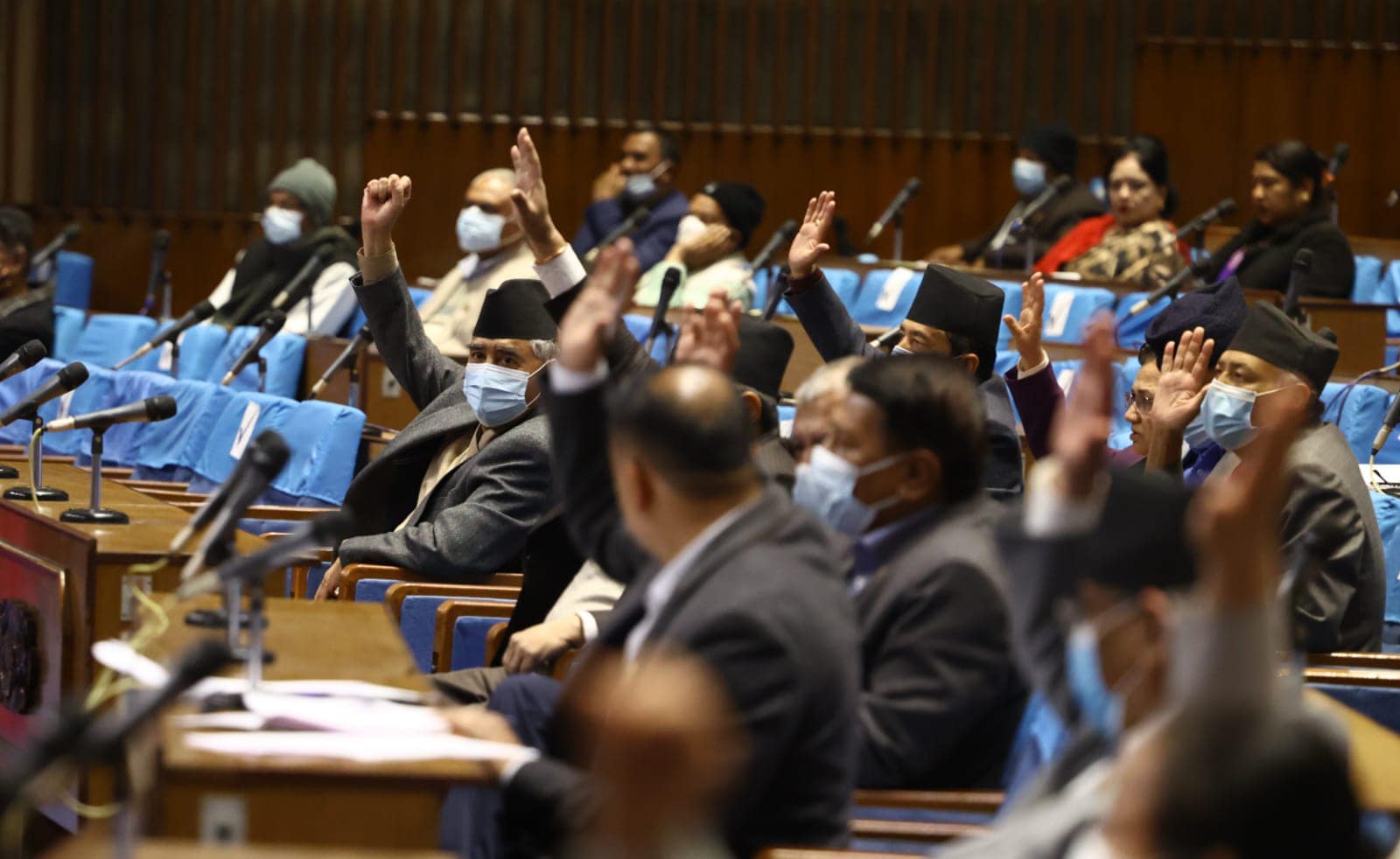
The ruling political parties announced 11-point descriptive notes on the much debated Millennium Challenge Corporation (MCC) compact, arguing that it is focused solely on economic cooperation and development of physical infrastructures.
In the announcement, the ruling parties stated that MCC compact, upon its endorsement, would not be regarded as the agreement having link to the strategic or military alliance including the US Indo-Pacific Strategy.
The auditing would be conducted by the Office of Auditor General; the intellectual property gained from the project would be of Nepal; no agreement would be above the Constitution of Nepal; and the project would be directed as per Nepal’s constitution.
The descriptive notes were made public after the meeting of the ruling parties held on MCC at Prime Minister’s residential office, Baluwatar.
In relation to section 2.7, section 5.2 (b.3), section 5.2 (b.4) of the MCC compact, Nepal has the understanding that these provisions are effective only on use of the grant.
Similarly, other provisions would not make Nepal mandatory to abide by the existing or the future US laws or policies in any purpose except use of MCC grant.
Similarly, in regard to section 3.2 (b) of MCC compact, it is made clear that the activities to be run from the MCC compact Nepal Development Committee shall be guided by the laws of Nepal.
The MCC would not have ownership in the intellectual property right while Nepal will own the entire intellectual property rights and Nepal will fully utilise this.
On section 3.5, the implementation papers would be brought into practice, remaining in the ambit of the compact. Also the activities and fund of the MCA would be audited from Nepal’s Office of the Auditor General.
The descriptive note stated that the Constitution of Nepal shall prevail over the compact, which is stated in the clause 7.1 of the compact, and implementation of the programme and project would be carried out as per Nepal’s laws and compact.
All the movable and immovable properties and land plots of the projects would remain in the ownership of the government of Nepal and its line agencies.





